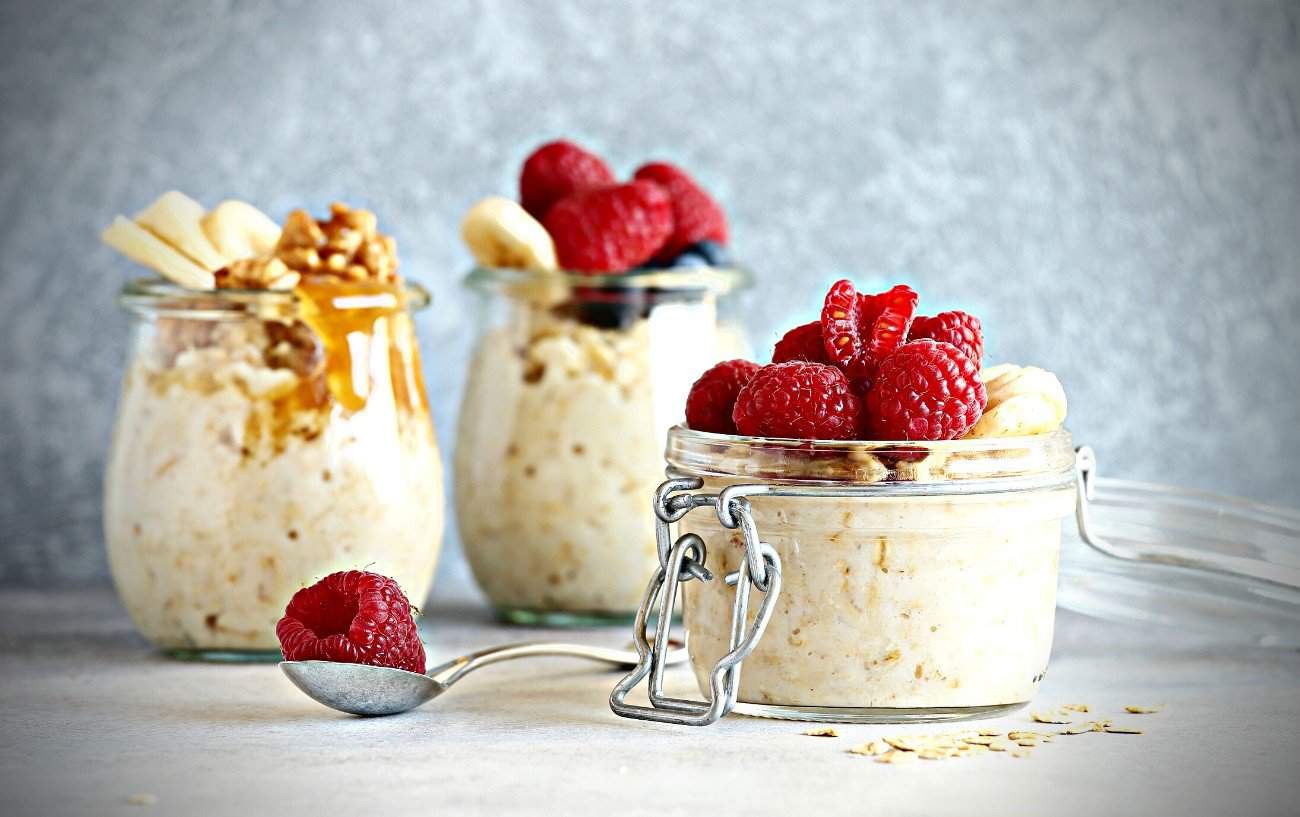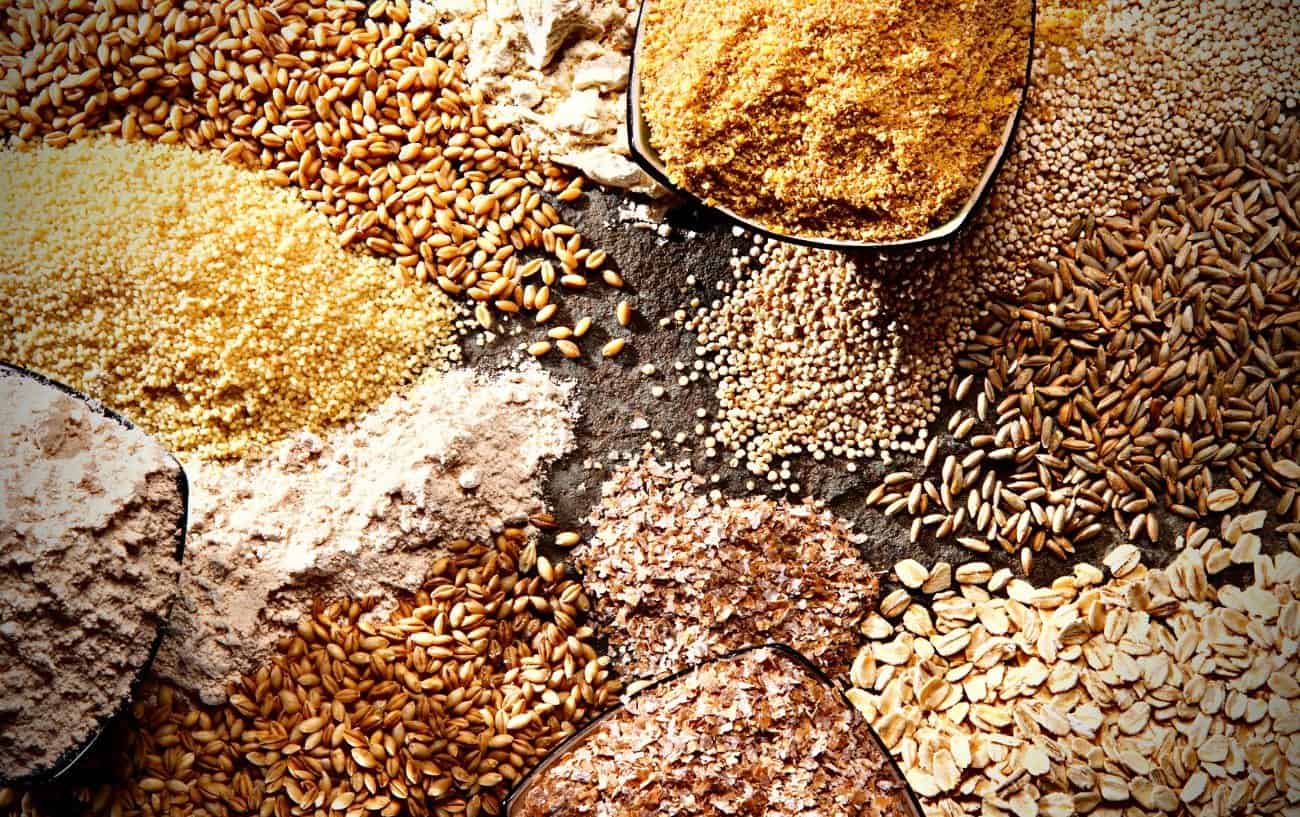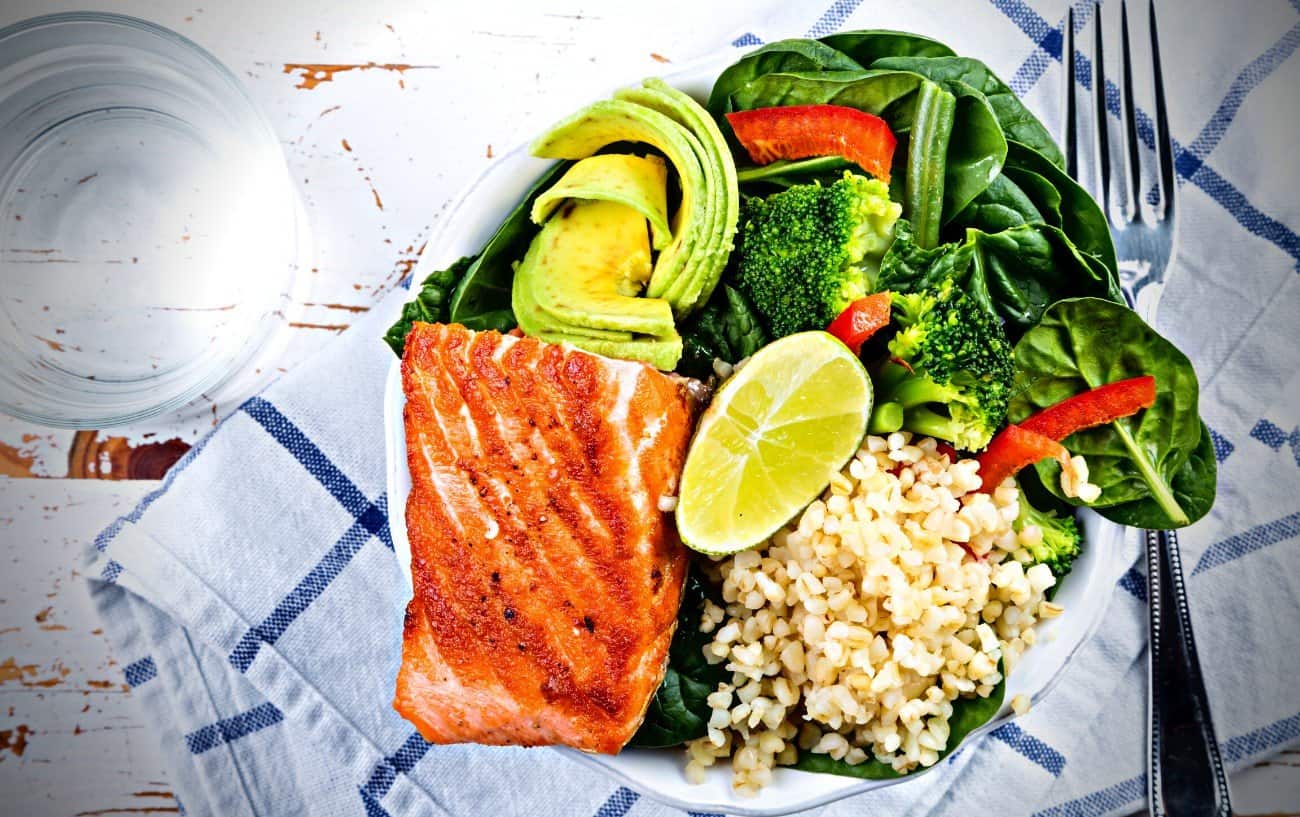Many training plans overlook a crucial element of performance—nutrition. As a sports nutrition coach, I can’t emphasize enough the importance of fueling properly during both training and racing.
While it’s true that most runners can complete a 5K on just about any diet, if you want to feel strong and perform your best, your nutrition—especially in the day or two leading up to race day—can make all the difference.
Even if you normally eat a healthy, balanced diet, your pre-race food choices can be the deciding factor between an average run and a breakthrough performance.
If you’re looking for that extra edge, this guide breaks down exactly what to eat before a 5K to help you feel energized, focused, and ready to run your best.

Fueling Your Runs: What Every Runner Should Know
Throughout your training program leading up to your 5K, you’ll want to fuel your body with healthy foods and a balanced diet to ensure it receives the necessary nutrients to support your workouts, aid in recovery from your runs, and maintain optimal health.
Your diet should consist of a variety of whole, natural, and unprocessed foods, such as vegetables, fruits, lean proteins, legumes, seeds, nuts, whole grains, eggs, low-fat dairy products, and healthy fats.
Processed foods, such as frozen entrees, canned soups, packaged cakes and cookies, candy, fried snacks, processed meats (like hot dogs and bologna), and foods containing hydrogenated oils, artificial colors, sweeteners, and other additives should be avoided as much as possible.
It’s also advisable to be mindful of your intake of foods high in salt, sugar, or trans fats, as well as alcoholic beverages.
While many runners are developing the habit of scanning the nutrition facts panel on a food package before buying or eating the food to ensure it aligns with their dietary goals, it’s an equally valuable healthy practice to read the ingredients label.

Although it may seem like an overused, trite saying these days, the advice to choose products with an ingredient list containing only foods you can easily pronounce and recognize (no long chemical-sounding names) still has merit.
In general, the shorter the list of ingredients, the better. The closer the food product is to its whole, natural form, the better.
For example, whole apples are better than applesauce, and whole oats are healthier than quick oats.
This is because unprocessed or minimally processed foods retain more of their natural vitamins, minerals, and fiber, and are less likely to contain added sweeteners, oils or fats, salt, stabilizers, flavors, colors, or other unhealthy ingredients.
The recommended daily caloric intake and ideal macronutrient ratio for your diet will vary from runner to runner, depending on several factors, including age, sex, body size, activity level, and body composition goals.
According to the International Society of Sports Nutrition (ISSN),1Kerksick, C. M., Wilborn, C. D., Roberts, M. D., Smith-Ryan, A., Kleiner, S. M., Jäger, R., Collins, R., Cooke, M., Davis, J. N., Galvan, E., Greenwood, M., Lowery, L. M., Wildman, R., Antonio, J., & Kreider, R. B. (2018). ISSN exercise & sports nutrition review update: research & recommendations. Journal of the International Society of Sports Nutrition, 15(1). https://doi.org/10.1186/s12970-018-0242-y most recreational athletes can meet their nutritional goals through a diet comprised of 45–55% carbohydrates (3–5 g/kg/day), 15–20% protein (0.8–1.2 g/kg/day), and 25–35% fat (0.5–1.5 g/kg/day).
Athletes engaging in moderate to high-volume training require greater amounts of carbohydrates and protein (e.g., 2–3 hours per day of intense exercise at least 5–6 times per week) and typically need a diet consisting of 5–8 g/kg/day of carbohydrates.
Still, for most 5K runners, this is unlikely to be a necessity.
To ensure you are fueling correctly, consider scheduling an appointment with a sports nutritionist or dietitian to determine your specific needs.

What Should I Eat The Night Before A 5K Race?
Most distance runners are indoctrinated with the benefits of carb-loading before an endurance event, but this doesn’t pertain to running a 5K, simply because the duration it will take you to run a 5K is not long enough to necessitate needing to overload your muscle glycogen stores.
Therefore, as much as you might be inclined to dish up a huge plate of pasta or potatoes to eat the night before the race, this will ultimately not improve your 5K performance and may actually detract from it.
The body stores 3-4 grams of water for every gram of stored glycogen, so a carbohydrate-rich dinner can leave you feeling bloated, sluggish, and even nauseous.
Instead, eat a well-balanced meal that includes complex carbohydrates, protein, and healthy fats, relying on foods your body is accustomed to eating.
A balanced meal can include lean protein (such as fish, poultry, tofu, or eggs), vegetables, a starchy carbohydrate (like sweet potatoes, rice, barley, or quinoa), and healthy fats (like avocado or olive oil).
What Should I Eat Before A 5K Race?
Depending on what time your 5K race starts, what time you typically get up, and how well your body tolerates running after eating, you’ll want to eat a small pre-race meal or snack at least 1-2 hours before the 5K, but ideally, 2-3 hours before the race start.
Running too soon after eating can result in cramping, bloating, indigestion, and a feeling of food sloshing around in your stomach, making you feel miserable during your race.
It’s impossible to give one-size-fits-all guidelines for what to eat before a 5K because everyone’s body and digestive system are different.
The best advice is to stick with foods your body is used to and has responded well to in training. In other words, don’t eat anything out of the ordinary on race day morning, or leading up to the race, for that matter.
You should be able to maintain your standard diet, perhaps with a few modifications.
If you tend to eat a high-fiber diet or lots of greasy, heavy, rich, or high-fat foods, you will want to opt for simple carbohydrates and less fat in your pre-race meal or snack, since fat and fiber can slow digestion and may lead to digestive distress during your race.
Examples of good pre-race breakfasts for a 5K include overnight oats, oatmeal, toast with nut butter, yogurt and granola (if you aren’t sensitive to dairy), a bagel, a banana with peanut butter, a breakfast bar, cereal or muesli, waffles, a smoothie, or an English muffin.

What Should I Eat Before An Evening 5K Race?
Not every 5K race will necessarily be scheduled for the morning. When your race is later in the day, you have more time to enhance—or possibly derail—your nutrition.
If your 5K race is in the afternoon or evening, eat a healthy, well-balanced breakfast that you’re accustomed to. Your last full meal should be eaten at least 3-4 hours before the start time.
This meal should consist of carbohydrates, protein, and healthy fats, but it may be lighter in fat, protein, and fiber than your usual meals to reduce the risk of digestive distress.
If you tend to be a fast metabolizer and don’t have a sensitive digestive tract, you should consider a snack 1-2 hours before getting to the starting line consisting mostly of simple carbohydrates.
Examples include a banana with a tablespoon of nut butter, a piece of toast with jam, a low-sugar, natural granola bar or energy bar, or a handful of dried fruits and almonds.
This pre-race snack might fall in the 100-250 calorie range, depending on your body size.
Regardless of the time of day, hydrate well with water or a sports drink with electrolytes, aiming for pale yellow urine. If you have a sensitive stomach, avoid coffee or caffeine in the morning of the race, unless you’re accustomed to consuming caffeine before running.
Finding what to eat before a 5K often requires a little experimentation. However, use your training runs and workouts to experiment with different combinations of foods and nutrient timing to see what feels best.
Now that you know what to eat before a 5K, how about a training plan to get you there? Check out our 5K training resources for whatever your goal may be.












